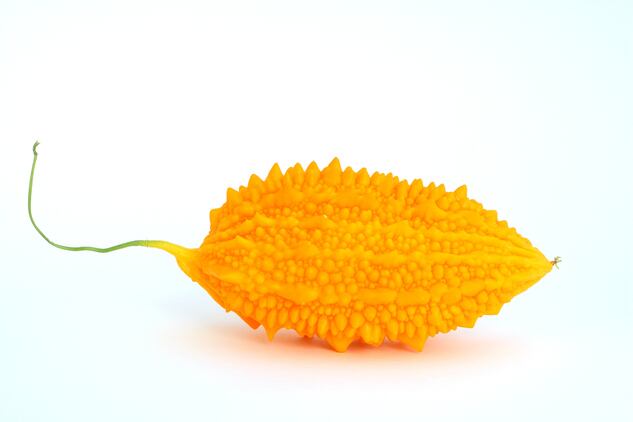Researchers at a university hospital in Taiwan have shown that the peptides, known as mcIRBP-19-BGE, could be used as an alternative treatment option for people with type 2 diabetes when other drugs are ineffective. It may also have the effect of regulating the heart rate.
There are at least 228 ingredients that have been verified in bitter melon and it is some of the phytochemicals and proteins among them that contributes to lowering blood glucose levels.
First test on humans
While it is known from previous studies that the ingredient has the potential to help manage blood sugar, this is the first study using human subjects. A previous study in 2016 used mice and found the ingredient can stabilise blood sugar levels by binding directly to insulin receptors. A 68-residue insulin receptor binding protein had been isolated from bitter melon and the ingredient was patented and commercialised by Taiwanese firm Greenyn Biotechnologies, and marketed as Insumate. This study was funded by Greenyn.
Researchers said: “In this study, we intended to explore the benefit of the bitter melon extracts for lowering blood glucose in diabetes. The purpose was to investigate whether the mcIRBP-19-BGE had a hypoglycaemic effect in type 2 diabetic patients who had taken antidiabetic medication but failed to achieve the treatment goal and to reveal the efficacy when the antidiabetic medications were ineffective.”
Participants were randomly assigned into two groups of 20 – with half taking a tablet containing the peptides which were made 100% from the bitter melon fruit and one a placebo, made from starch. Those taking the peptide were given 600 milligrams (mg)/day for three months. As well as having type 2 diabetes, those taking part had to have been treated with more than one oral medication that had not achieved the treatment targets. Those unable to take part included pregnant and breastfeeding women, those with severe angina or anyone with a body mass index of less than 18 and more than 38.
Significant changes
The researchers summarised: “This study has shown that mcIRBP-19-BGE can significantly reduce FBG (fasting plasma glucose) and HbA1c (glycated haemoglobin) levels for patients who failed to respond to the antidiabetic medications. The hypoglycaemic efficacy of mcIRBP-19-BGE decreased HbA1c by 0.5%, on average, for a three-month administration at a dose of 600 mg/day. All results have suggested that mcIRBP-19-BGE can be an alternative treatment for the type 2 diabetic patients.”
They added that another clinical trial with a higher dose is highly recommended.
This news is significant with diabetes becoming a critical issue and according to the International Diabetes Federation, there are 425 million patients within the age group of 20-79 and there are still about two-thirds of patients who have not achieved their treatment goal.
Source: Food & nutrition
Published online: https://foodandnutritionresearch.net/index.php/fnr/article/view/3685
'A randomized, double-blind, placebo-controlled trial to evaluate the placebo-controlled trial to evaluate the hypoglycemic efficacy of the mcIRBP-19 containing Momordica charantia L.fruit extracts in the type-2 diabetic subjects'
Authors: Yi-Sun Yang, Nian-Yi Wu, Edy Kornelius, Chien-Ning Huang and Nae-Cherng Yang


